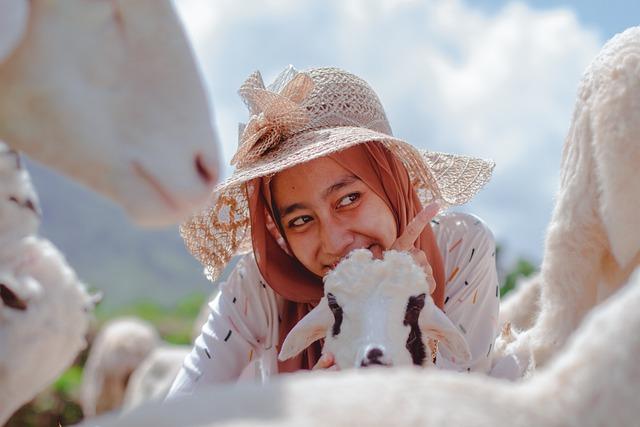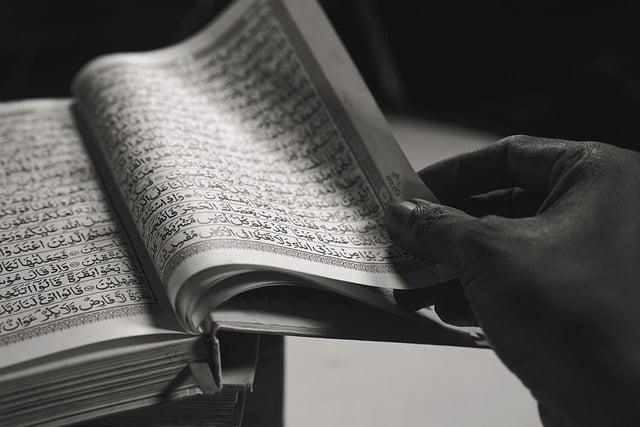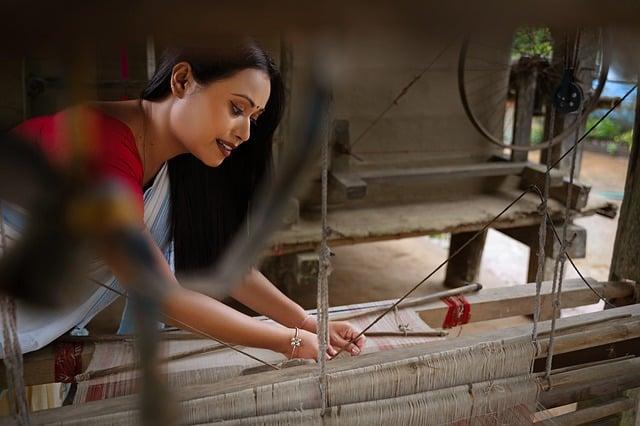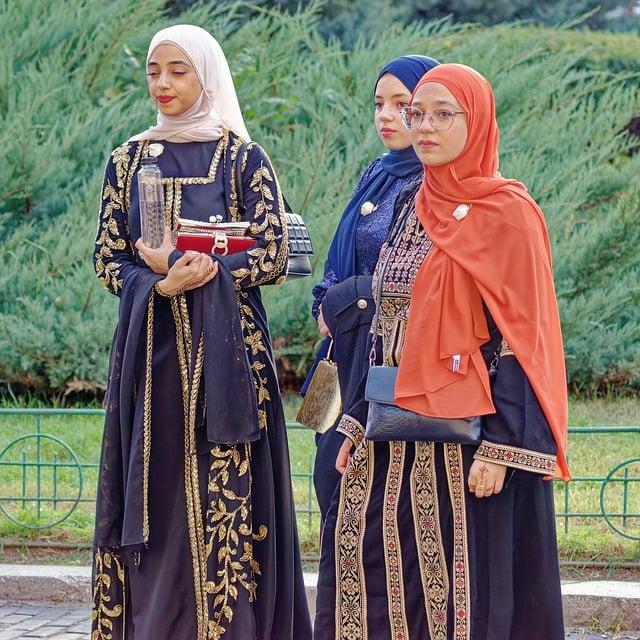In a small town, as December approached, the air buzzed with holiday cheer. While neighbors adorned their homes with twinkling lights, Amina and her family prepared for a different celebration. They gathered for Eid al-Fitr, marking the end of Ramadan. The aroma of sweet pastries filled the air as they shared laughter and stories. Dressed in vibrant clothes, they exchanged gifts and embraced friends, celebrating gratitude and community. Amina smiled, knowing that while others celebrated Christmas, her family cherished their own traditions, rich with love and joy.
Table of Contents
- Celebrating Eid: The Joyous Festivals of the Islamic Calendar
- Understanding the Significance of Ramadan and Its Traditions
- Cultural Variations: How Different Muslim Communities Celebrate
- Creating Inclusive Celebrations: Engaging with Muslim Traditions in a Diverse Society
- Q&A

Celebrating Eid: The Joyous Festivals of the Islamic Calendar
The Islamic calendar is rich with festivals that bring communities together in celebration, reflection, and gratitude. Among these, Eid al-Fitr and Eid al-Adha stand out as the most significant occasions. **Eid al-Fitr**, which marks the end of Ramadan, is a time of joy and festivity. Families gather to share meals, exchange gifts, and participate in communal prayers. The day begins with a special prayer service, followed by a festive breakfast that often includes sweet treats like **baklava** and **maamoul**. It is also a time for charity, as Muslims are encouraged to give to those in need, ensuring that everyone can partake in the celebrations.
On the other hand, **Eid al-Adha** commemorates the willingness of Prophet Ibrahim to sacrifice his son in obedience to God. This festival is marked by the ritual of Qurbani, where families sacrifice an animal, typically a sheep or goat, and distribute the meat among family, friends, and the less fortunate. The essence of both Eids lies in **community**, **compassion**, and **gratitude**. During these festivals, Muslims don new clothes, visit relatives, and engage in various cultural traditions, creating a vibrant tapestry of joy that resonates throughout the Islamic world. The spirit of these celebrations fosters a sense of belonging and reinforces the values of faith and generosity within the community.

Understanding the Significance of Ramadan and Its Traditions
Ramadan is a sacred month for Muslims, marked by fasting, prayer, and reflection. It commemorates the moment when the Quran was first revealed to the Prophet Muhammad, making it a time of spiritual significance and deep devotion. During this month, Muslims engage in **self-discipline** and **self-reflection**, abstaining from food and drink from dawn until sunset. This practice is not merely about physical fasting; it serves as a reminder of the struggles faced by the less fortunate, fostering a sense of **compassion** and **community**. The act of fasting is complemented by increased prayers, particularly the nightly Taraweeh prayers, which are held in congregation, reinforcing the bonds of community and faith.
Traditions during Ramadan vary across cultures, but they often include communal meals known as **Iftar**, where families and friends gather to break their fast together at sunset. This moment is often marked by the consumption of dates and water, following the tradition of the Prophet Muhammad. Additionally, many Muslims engage in acts of **charity** (Zakat), emphasizing the importance of giving back to those in need. The month culminates in **Eid al-Fitr**, a festive celebration that marks the end of fasting, characterized by communal prayers, feasting, and the exchange of gifts. This celebration not only signifies the conclusion of a month of spiritual growth but also reinforces the values of gratitude, generosity, and unity within the Muslim community.

Cultural Variations: How Different Muslim Communities Celebrate
Across the globe, Muslim communities engage in a rich tapestry of celebrations that reflect their unique cultural identities and traditions. In many regions, the **Eid al-Fitr** festival marks the end of Ramadan, the holy month of fasting. This joyous occasion is characterized by communal prayers, festive meals, and the giving of **Zakat al-Fitr**, a form of charity intended to purify those who fast from any indecent act or speech. Families often come together to share special dishes, exchange gifts, and don new clothes, creating a vibrant atmosphere filled with laughter and gratitude. In countries like Indonesia and Turkey, local customs add distinct flavors to the celebrations, showcasing the diversity within the Muslim world.
Another significant celebration is **Eid al-Adha**, which commemorates the willingness of Ibrahim (Abraham) to sacrifice his son in obedience to God. This festival is marked by the ritual of animal sacrifice, with the meat distributed among family, friends, and those in need, emphasizing the values of generosity and community. In regions such as North Africa and the Middle East, the festivities often include traditional music, dance, and elaborate feasts that highlight regional culinary specialties. Additionally, the **Mawlid al-Nabi**, celebrating the birth of the Prophet Muhammad, is observed with varying degrees of enthusiasm, featuring processions, recitations of poetry, and communal gatherings that foster a sense of unity and devotion among Muslims.

Creating Inclusive Celebrations: Engaging with Muslim Traditions in a Diverse Society
In a world rich with diverse traditions, understanding and embracing the celebrations of different cultures can foster a sense of community and inclusivity. For Muslims, significant occasions such as **Eid al-Fitr** and **Eid al-Adha** serve as vibrant alternatives to Christmas, each steeped in profound meaning and communal spirit. Eid al-Fitr, marking the end of Ramadan, is a time of joy and gratitude, where families come together to share meals, give to charity, and engage in festive activities. Similarly, Eid al-Adha commemorates the willingness of Ibrahim (Abraham) to sacrifice his son in obedience to God, celebrated with prayers, feasting, and acts of generosity towards those in need. These occasions highlight the importance of family, community, and reflection, inviting everyone to partake in the joy of giving and togetherness.
Engaging with these celebrations can enrich our understanding of Muslim traditions and promote a more inclusive society. Communities can participate by organizing interfaith events that showcase the essence of these Eids, such as:
- **Cultural exchange programs** that allow for sharing of traditional foods and stories.
- **Workshops** on the significance of the celebrations, including the rituals and customs associated with them.
- **Community service initiatives** that align with the spirit of charity emphasized during Eid.
By creating spaces for dialogue and shared experiences, we can celebrate the beauty of diversity and foster a deeper appreciation for the rich tapestry of traditions that exist within our society.
Q&A
-
What are the main celebrations for Muslims?
Muslims primarily celebrate two major holidays: Eid al-Fitr and Eid al-Adha. Eid al-Fitr marks the end of Ramadan, the holy month of fasting, while Eid al-Adha commemorates the willingness of Ibrahim (Abraham) to sacrifice his son in obedience to God.
-
How do Muslims celebrate Eid al-Fitr?
Celebrations for Eid al-Fitr typically include:
- Special prayers at mosques or open fields
- Sharing meals with family and friends
- Giving to charity, known as Zakat al-Fitr
- Wearing new or special clothes
-
What is the significance of Eid al-Adha?
Eid al-Adha is significant as it honors the spirit of sacrifice and obedience to God. It involves the ritual sacrifice of an animal, usually a sheep, goat, or cow, with the meat distributed among family, friends, and those in need.
-
Are there any other celebrations in Islam?
Yes, aside from the Eids, Muslims may also observe other occasions such as:
- The Prophet Muhammad’s birthday (Mawlid)
- The Night of Ascension (Isra and Mi’raj)
- Islamic New Year (Hijri New Year)
As the holiday season unfolds, it’s essential to recognize the rich tapestry of celebrations that Muslims embrace. From Eid al-Fitr to Eid al-Adha, these joyous occasions reflect faith, community, and gratitude, reminding us of the diverse ways we honor life’s blessings.

大家好,我是彼得潘,專業的手法身體治療師。我喜歡探索和研究各種主題,並透過與人工智慧的合作分享專業、實用、有趣的文章。我們定期進行人工審核,以確保內容的準確性。如果您發現文章中有任何不準確的地方,請隨時與我們聯繫,我們會及時糾正。您可以透過 [email protected] 與我們聯繫。



